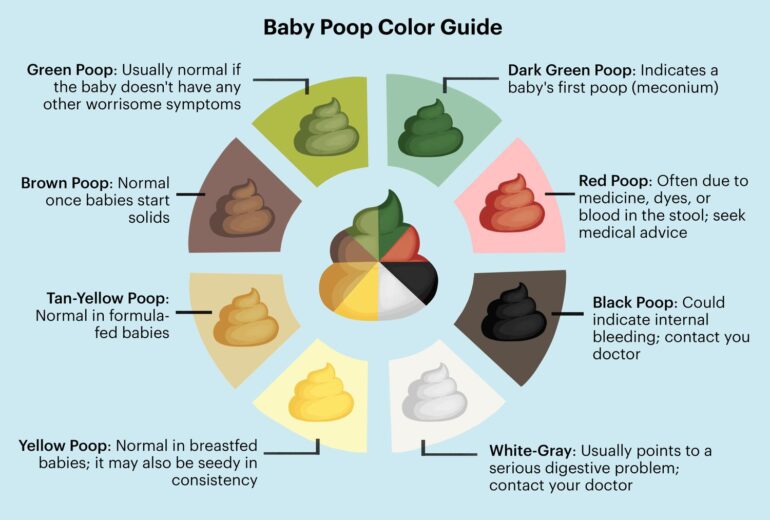Baby poop can be a surprisingly informative tool for parents. By paying attention to the color, consistency, and frequency of your baby’s poop, you can learn a lot about their health and well-being.
Know What Your Baby’s Poop Means: Baby Poop Guide 101
What is normal baby poop?
Normal baby poop can vary in color, consistency, and frequency depending on a number of factors, including the type of milk they are fed, their age, and their overall health. However, there are some general guidelines that can help you determine what is normal for your baby.
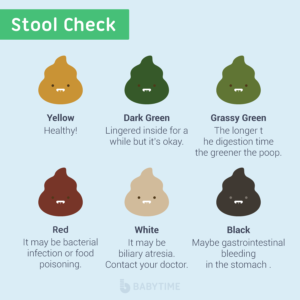
Color
- Newborn babies
typically have black, tarry poop called meconium. This is made up of amniotic fluid, mucus, bile, and other substances that your baby ingested while in the womb. Meconium poop should disappear within a few days of birth.
- Breastfed babies
typically have yellow, seedy poop. Formula-fed babies typically have tan or yellow poop that is thicker and more pasty. Both breastfed and formula-fed babies can also have green poop, which is usually nothing to worry about.
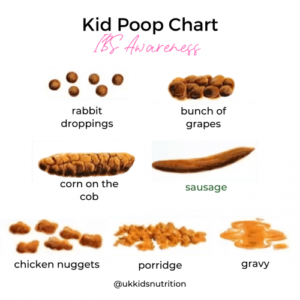
Consistency
Newborn babies typically have loose, watery poop. As they get older, their poop will become thicker and more solid. However, breastfed babies may continue to have loose poop throughout infancy.
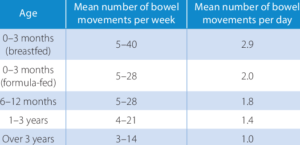
Frequency
Newborn babies can poop up to 10 times a day. Formula-fed babies may poop less often, up to 5 times a day. As babies get older, they will typically poop less frequently, down to 1-2 times a day.
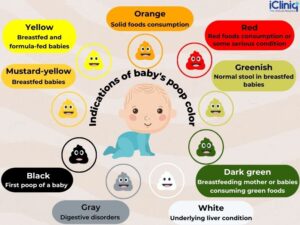
When to be concerned
There are a few things to look out for when it comes to your baby’s poop:
- Color: If your baby’s poop is white, gray, or black, or contains blood or mucus, call your doctor right away. These can be signs of a serious medical condition.
- Consistency: If your baby’s poop is very hard and dry, or very watery and loose, call your doctor. This could be a sign of constipation or diarrhea, respectively.
- Frequency: If your baby is pooping more or less often than usual, or if their poop is very small or large in volume, call your doctor. This could be a sign of a problem with their digestion or absorption of nutrients.

What to do if you have concerns
If you are concerned about your baby’s poop, the best thing to do is to call your doctor. They can ask you some questions about your baby’s diet, health, and poop habits. They may also want to examine your baby and run some tests to rule out any underlying medical conditions.
Here are some additional tips for understanding your baby’s poop:
- Keep a poop diary. This can help you track your baby’s poop habits and identify any changes.
- Pay attention to your baby’s diet. If you introduce new foods to your baby’s diet, pay attention to how their poop changes. This can help you identify any food allergies or sensitivities.
- Don’t be afraid to ask for help. Your doctor, nurse practitioner, or other healthcare provider can help you understand your baby’s poop and what to do if you have any concerns.
Conclusion
Baby poop can be a valuable tool for parents to learn about their baby’s health and well-being. By paying attention to the color, consistency, and frequency of your baby’s poop, you can identify any potential problems early on. If you have any concerns, be sure to talk to your doctor.



